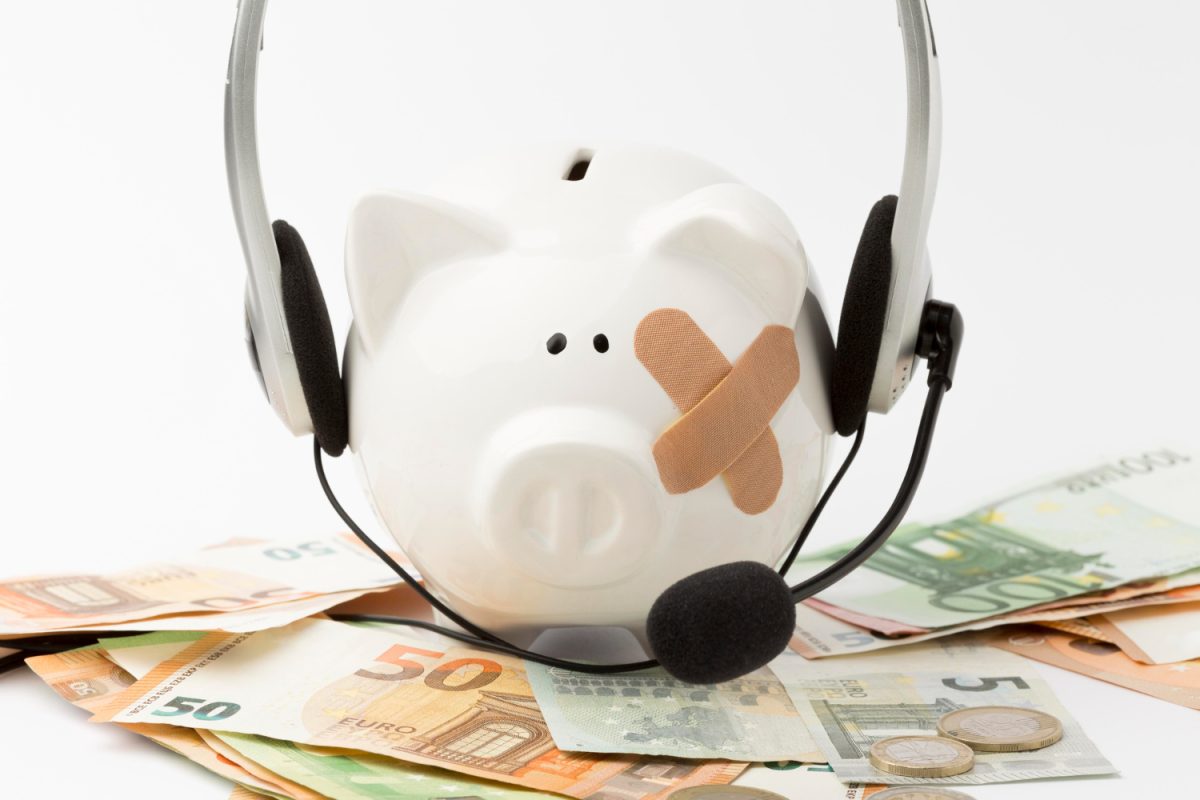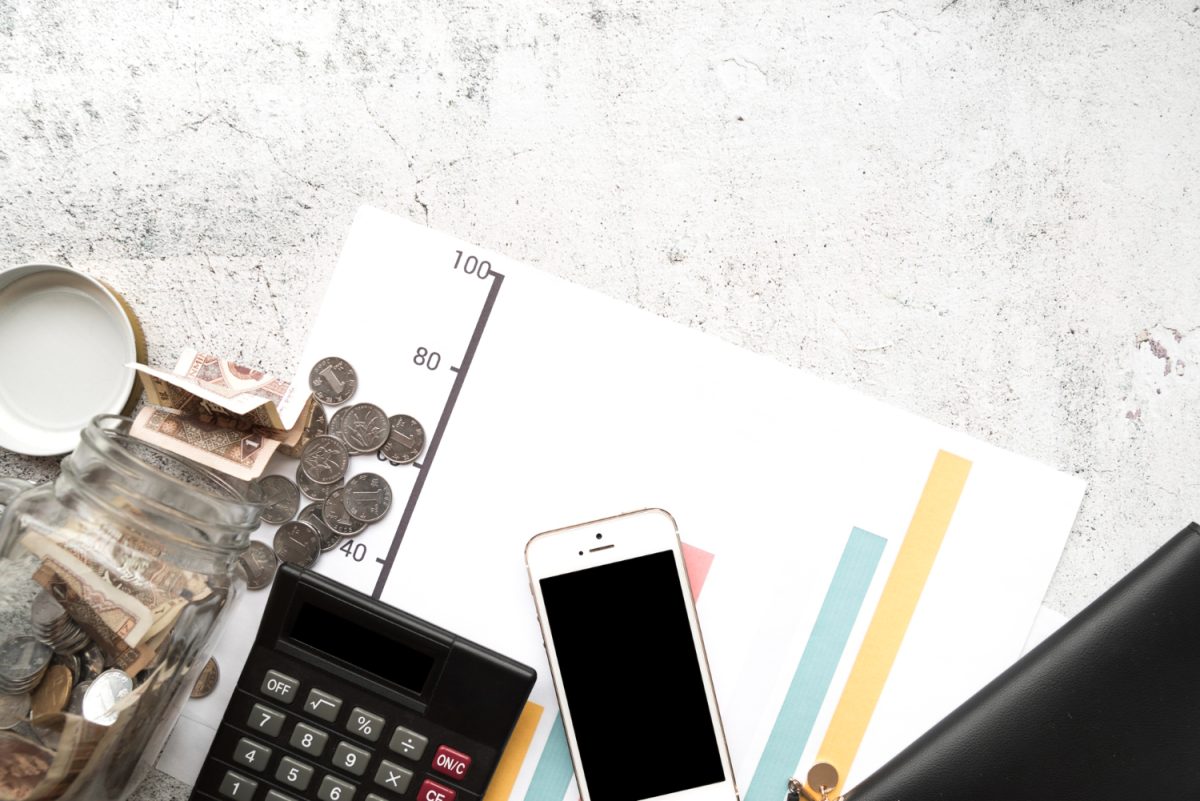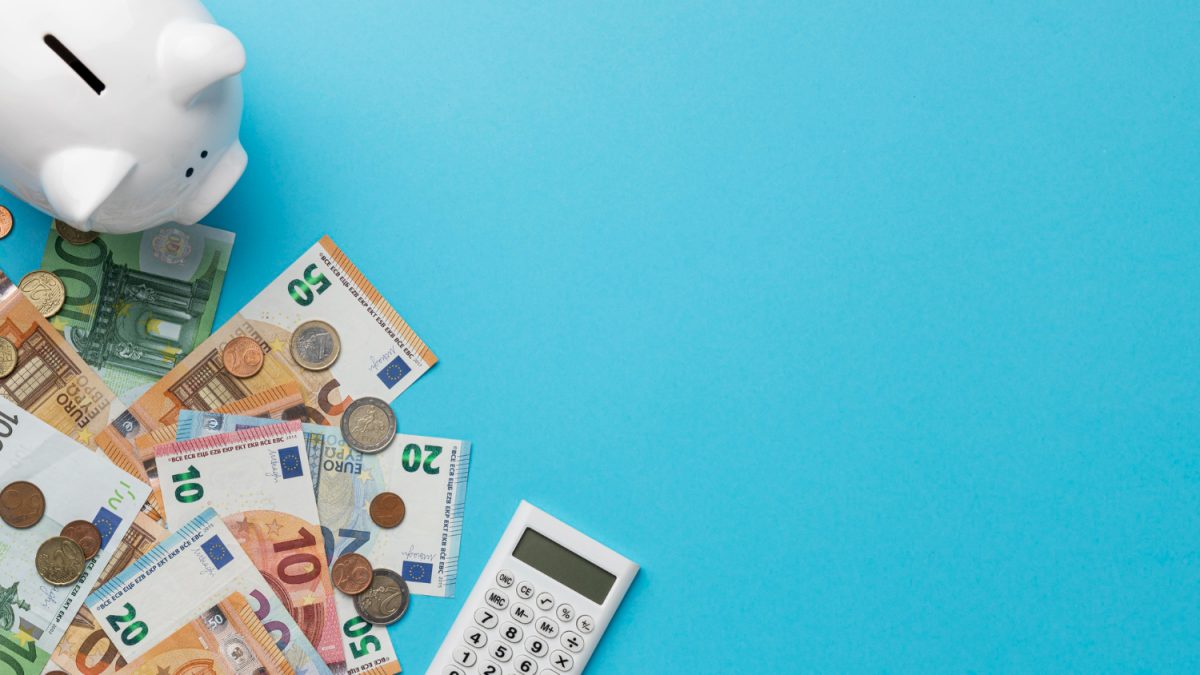Why Create an Emergency Fund? Discover All the Benefits

Imagine facing an unexpected medical expense, a sudden car repair, or even job loss. Without a financial cushion, these situations can lead to stress, debt, and difficult decisions that could impact long-term financial health.
This is where an emergency fund becomes essential. An emergency fund provides peace of mind and financial stability, serving as a lifeline during unexpected events.
Keep reading to discover how an emergency fund can help protect you and improve your financial future.
What is an Emergency Fund?
An emergency fund is a money reserve set aside specifically for unforeseen expenses or unpredictable life events.
Unlike savings for planned expenses or investments, an emergency fund should be used only in situations like:
- Medical emergencies,
- Urgent home or car repairs,
- Or to cover essential bills during periods of job loss.
Typically, financial experts recommend keeping this money separate from other accounts to avoid using it for non-emergencies.
It acts as a financial cushion, helping you stay afloat when life throws unexpected challenges your way.
Why is it Necessary to Have an Emergency Fund?
Establishing an emergency fund is essential for everyone, regardless of income level. This fund acts as a safety net, minimizing financial disruptions caused by unplanned expenses.
Below, we’ll explore why having an emergency fund is crucial and how it can significantly improve your financial health.
You are Prepared for Unexpected Events
Life is unpredictable, and unexpected expenses can happen to anyone, making it essential to be prepared.
Without an emergency fund, even small emergencies can create a domino effect on your finances, causing you to dip into savings meant for other goals or, worse, take on debt.
A well-stocked emergency fund allows you to handle surprises with minimal stress and without relying on credit or loans.

Reduced Financial Stress
Financial stress can negatively impact mental and physical health, especially when you feel unprepared for unexpected expenses.
An emergency fund serves as a safety net, providing peace of mind that you’re equipped to handle life’s surprises.
Knowing you have money set aside for emergencies allows you to approach your financial and personal life with a greater sense of stability and less anxiety.
Protection Against Debt
An emergency fund helps you avoid high-interest debt, which is often the default option when people lack emergency savings.
Relying on credit cards or loans to cover emergencies can lead to a cycle of debt that may be difficult to escape due to accumulating interest.
With a dedicated fund, you can cover unexpected expenses without compromising your financial stability or risking long-term debt.
Better Financial Decisions
Facing an emergency without a financial buffer can force you to make hasty or uninformed financial decisions, such as withdrawing from retirement funds or taking high-interest loans.
An emergency fund, however, allows you to make decisions calmly and strategically, preserving your long-term financial plans.
This financial stability allows you to stay focused on your goals without being derailed by emergencies.
How Much Should I Save for an Emergency Fund?
Determining the right amount for an emergency fund depends on factors like monthly expenses, lifestyle, and job stability.
Financial experts typically recommend saving between three to six months of living expenses.
However, if your income fluctuates, or you work in a high-risk field, saving closer to six months or more can provide extra security.
This amount should cover essential expenses, such as housing, utilities, groceries, and insurance.
Calculating your monthly essentials and multiplying by your target months can give you a concrete savings goal, making it easier to track your progress.

Where to Keep This Money?
Choosing the right place to keep your emergency fund is as important as creating it. It needs to be accessible yet separate from daily spending accounts to avoid unnecessary withdrawals. Here are some recommended options:
- High-Yield Savings Account: These accounts offer easy access to funds and a higher interest rate than traditional savings accounts, helping your money grow slightly over time while remaining readily available.
- Money Market Account: Similar to a high-yield savings account, a money market account provides easy access and may come with check-writing privileges or debit card access. This option also offers a higher interest rate, although it may require a higher minimum balance.
- Certificates of Deposit (CDs): While CDs generally lock your money for a fixed term, laddering CDs with varying terms can give you periodic access to funds. However, CDs are less flexible, so this approach works best if you have other accessible emergency funds.
Keeping your fund in one of these accessible, low-risk accounts ensures that the money will be there when you need it without risking significant losses or facing withdrawal penalties.
How to Build an Emergency Fund
Building an emergency fund may seem challenging, but breaking it down into manageable steps can make the process easier and more achievable. Here’s a straightforward plan to get you started:
- Set a Target Amount: Based on your monthly expenses, decide on a target savings amount. Aim for three to six months of essential expenses as a starting point.
- Create a Budget: Review your income and expenses to identify areas where you can cut back. Redirect these savings to your emergency fund.
- Start Small and Automate Savings: Even if you can only save $20 or $50 per paycheck, consistency is key. Set up automatic transfers to a dedicated emergency fund account to ensure regular contributions.
- Increase Contributions Over Time: As you receive raises, bonuses, or pay off other debts, increase your contributions to the emergency fund. Reaching your target amount faster will provide peace of mind.
- Avoid Using It for Non-Emergencies: Stick to the fund’s purpose by using it only for real emergencies. Establishing clear guidelines for what counts as an emergency will help keep you disciplined.
- Regularly Reevaluate Your Goal: Life changes may require you to adjust your emergency fund. Periodically review your target amount, especially after major life events, such as a new job, marriage, or move.
Start now!
Establishing an emergency fund is a crucial step in building a stable financial foundation. By taking the time to create and maintain this fund, you’re equipping yourself to handle life’s unexpected expenses with confidence and security.
Beyond being just a financial buffer, a fund offers peace of mind, protects you from debt, and allows for better decision-making during challenging times.
Start building your fund today to protect your financial future and enjoy the security that comes with being financially prepared.
For more insights and tips on personal finance, keep exploring our site. Also, read our content about financial self care!